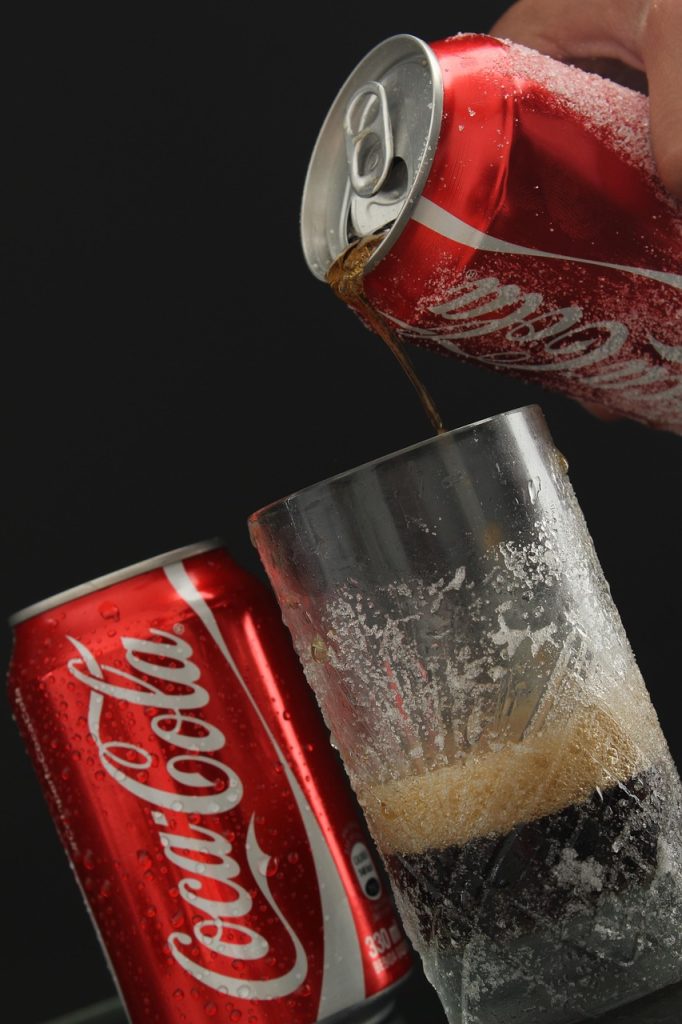Coca-Cola’s recent announcement to launch a cane sugar Coke has stirred discussions about sweeteners in soft drinks. This move shines a light on the ongoing debate over the health implications of high-fructose corn syrup (HFCS) versus cane sugar according to The New York Times. While HFCS has been a staple in soft drink manufacturing due to its cost-effectiveness, public perception is shifting. The choice to use cane sugar taps into consumer desires for more ‘natural’ ingredients, sparking questions about potential benefits.
Despite the introduction of this new product, HFCS is unlikely to disappear from shelves anytime soon. Its economic advantages and widespread use make it a formidable contender in the sweetener market. The real difference between cane sugar and HFCS in terms of health benefits remains debated among experts. The perception that cane sugar is a healthier alternative may be more about marketing than science, but this shift could influence future product formulations.
As Coca-Cola’s cane sugar variant hits the market, it sets the stage for a broader discussion on how consumer preferences shape industry trends. This change may encourage other beverage companies to rethink their sweetener choices, potentially leading to a wider variety of options. Will this move towards cane sugar redefine what we consider healthier in the beverage aisle, or is it merely a temporary trend? The unfolding consumer response will be critical in determining the future of sweetening soft drinks.


